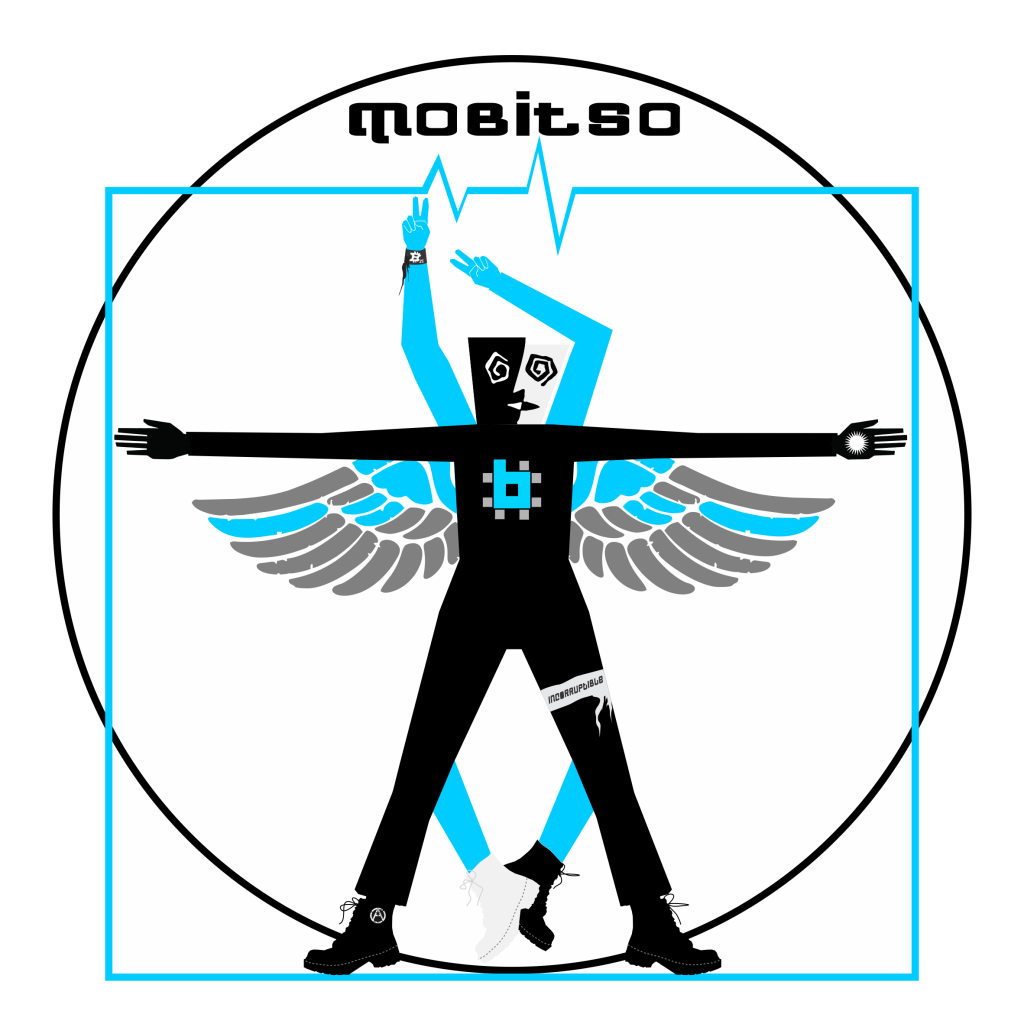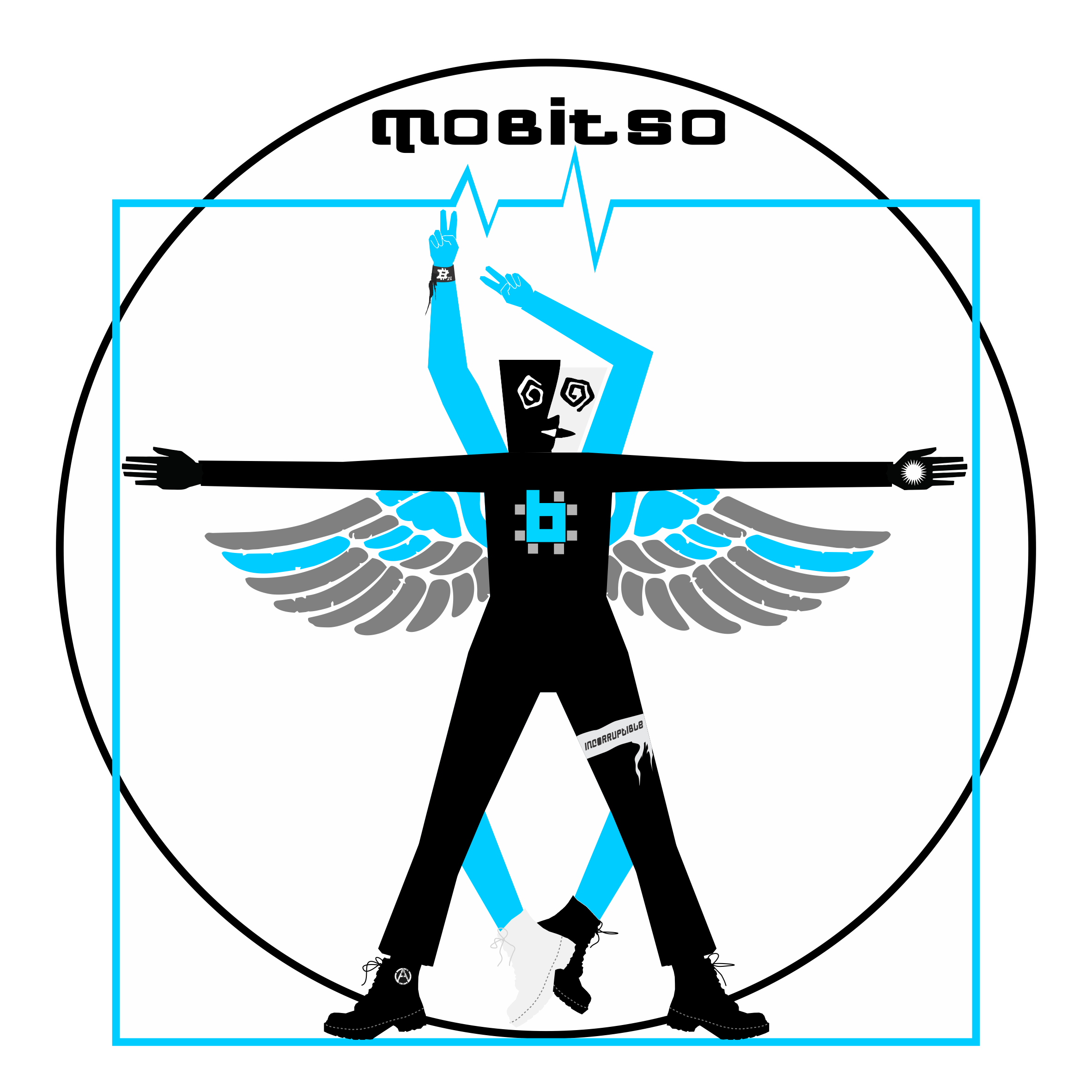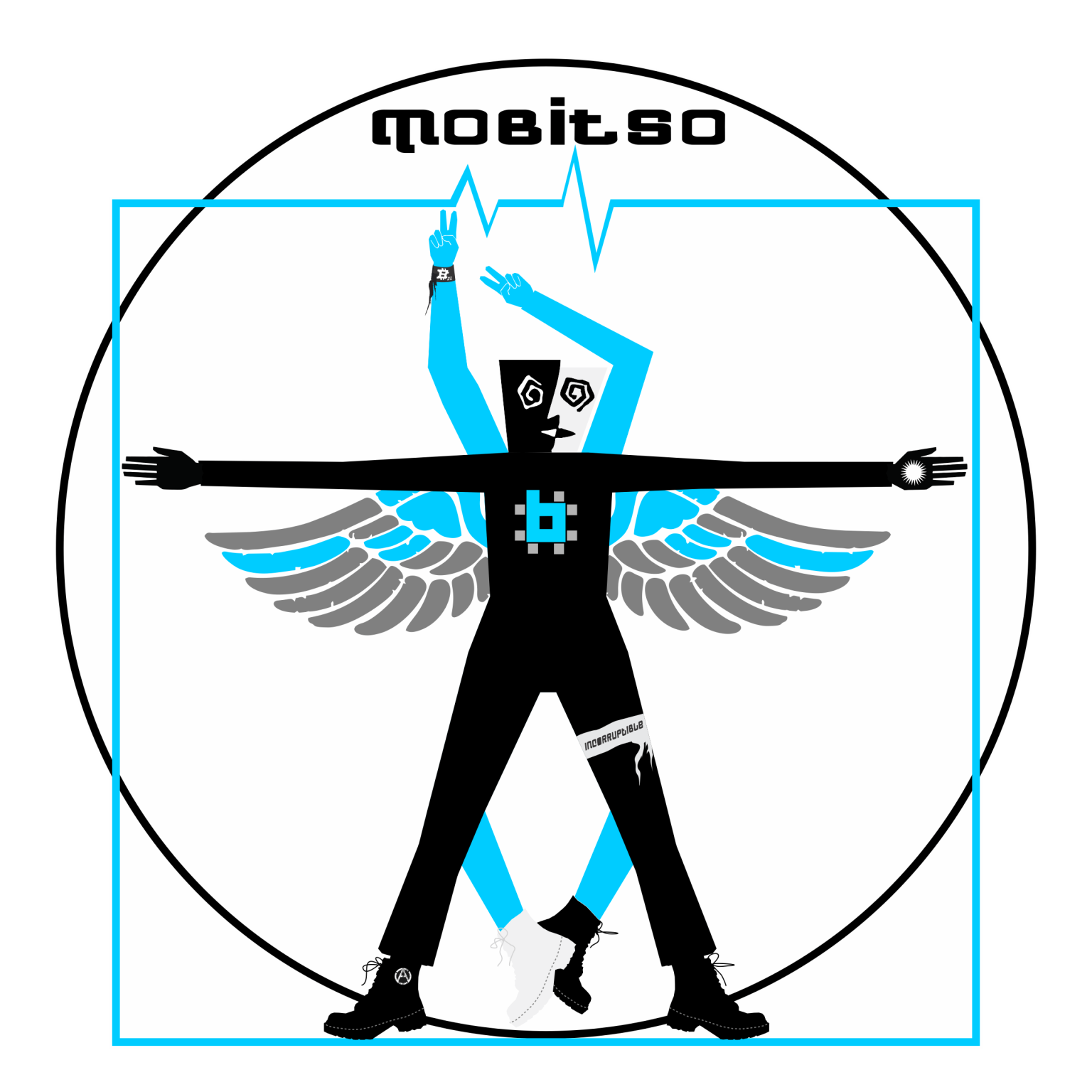Nature is just an infrastructure without the perspective of photography. That’s the basis on which every
promise made is hinged-food, water, breath, shelter, weather calm enough to sleep through. We’ve
treated it as though it were a warehouse, with a busted lock, stockpiling only what we took and not what
we broke. We answer: the living world doesn’t provide services. It is the original jurisdiction, and our laws
are valid where they do not contradict it.
Ownership halts at the waterline of consequence. Land, tools, and harvest title are relevant—but not the
river’s health, the pollinator’s path, soil’s ability to renew, or the sky’s capacity to carry heat. Those belong
to every person on this planet who must live under them now and later. Use becomes a lease with terms:
return to commons no worse, or pay for the difference in full, in the open, while you still can.
Offsets don’t equal absolution. A baby tree does not balance a deadline smokestack; a press release does
not cool a lake. We reject the accounting tricks that turn harm into “net” virtue. Prevention comes first;
second, innovative reduction; the last is restoration and never as a license to expand the wound. That
sequence is not piety; it is physics.
Thresholds beat intentions. Set hard caps for what the world cannot absorb—on poisons, extra heat,
extracted water, noise—and enforce them with instruments, not adjectives. If a factory can’t meet the
number, it has to change or it closes; if a city can’t cool without turning its river into soup, it will have to
redesign or stop growing. That’s where real innovation will be found when limits are real. When limits are
vibes, only the weakest neighborhoods burn.
Biodiversity is infrastructure. A meadow is not “empty” land; a mangrove is not “undeveloped” shore.
Corridors, wetlands, and old growth are the bridges, batteries, and firewalls of the living world. Break them
and invoices arrive as floods, plagues, and barren seasons. Keep them, and bills shrink quietly into
resilience no one has to headline.
We will stand standing costs. Cutting the last copse of trees does not a service; he keeps a watershed
whole, he keeps a city from drinking dust. Fund that stewardship directly and publicly-contracts rewarding
measured outcomes: clearer water, cooler streets, more birds in spring, fewer toxic days have to be
counted as steals against their stationery label.
Cities must learn humility. Paving less, planting more, slowing water, welcoming shade. Put roofs to work-
gardens, solar, catchment. Build to the breeze, not to the brochure. Heat islands are a policy failure written
in asphalt. The good city lowers bills by admitting that it is an ecosystem and designs itself like a neighbor,
not a conqueror.
Rights imply duties. The right to build ends where a watershed begins to fail; the right to profit ends where
another’s lungs pay the margin; the right to drive ends where children cannot hear themselves think.
Freedom is not the power to externalize it. It is the discipline to count all costs.
Our tactics are proportional to our ends. We will map what should never be paved and draw the line in
public; publish real-time pollution and extraction dashboards; tie permits to measurable restoration;
insure only what meets thresholds; buy down risk for those who adopt the cleaner option first; and
redirect praise and money from performative “green” to proved outcomes. We will litigate chronic harm,
protect whistleblowers who expose it, and elect officials who can say “no” where it matters and “yes” to
the work that follows.
This is not nostalgia for a world behind us before us. This is loyalty to the only world that includes us. The
measure is simple: more emergency rooms on bad-air days, fewer more dead rivers with nice signs, more
summer days feeling like the ones we promised our children, and lives lived without the hum of dread at
the edge of the weather. Our signature is restraint; our seal is measurement; our receipt is mornings quiet
enough to hear the insects. Let the age of decorative nature and industrial denial end here, under our
names, while we still have time to learn our place and keep it.








